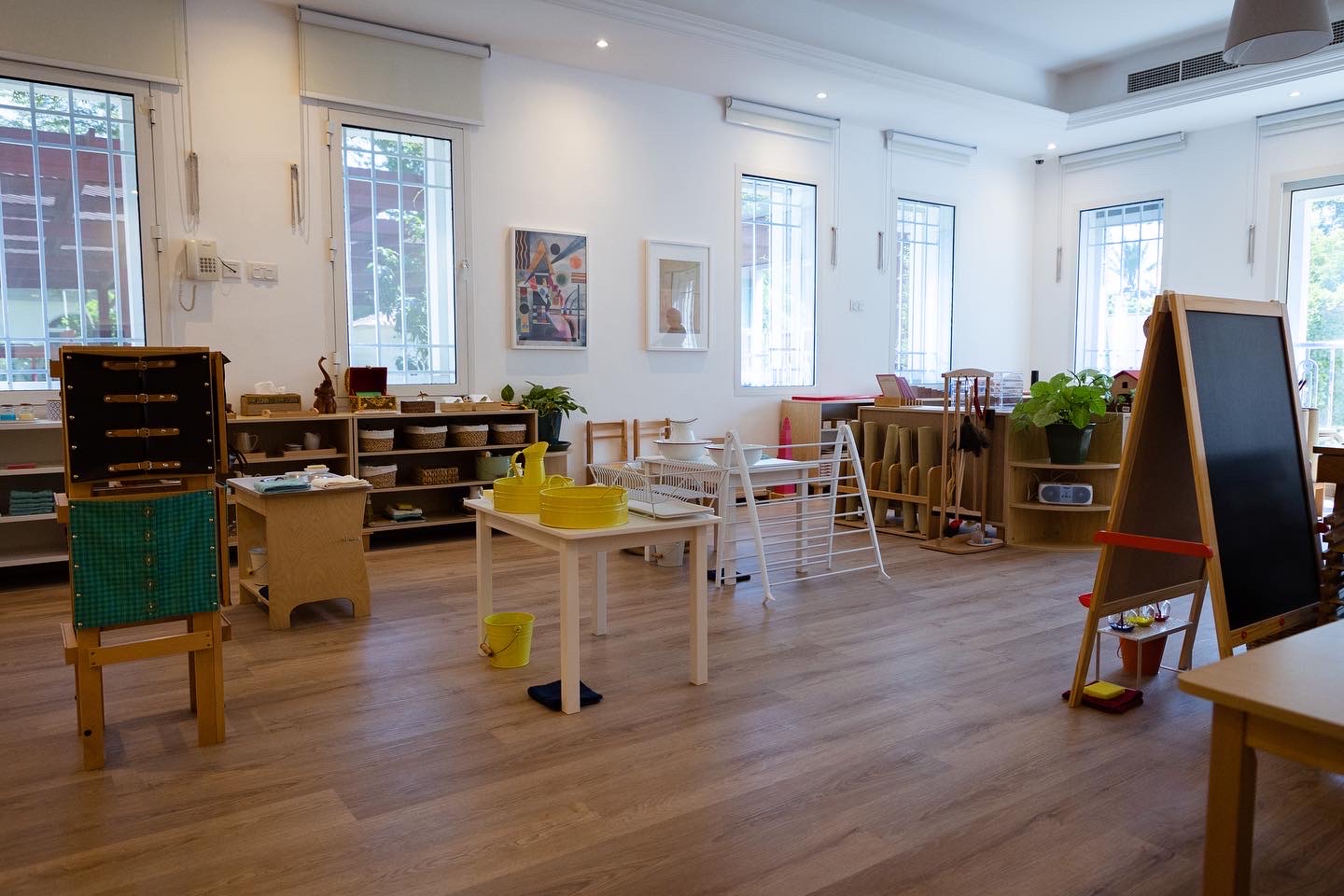The experiences children have in their early years play a pivotal role in shaping their future behaviors, health, abilities, and interests as adults. Choosing the right educational environment during this critical period is a decision that requires careful consideration. One option that has gained global recognition for its effectiveness is Montessori education, often compared to traditional daycare settings. In this blog post, we’ll delve into the distinct features of both approaches and their impact on a child’s development.
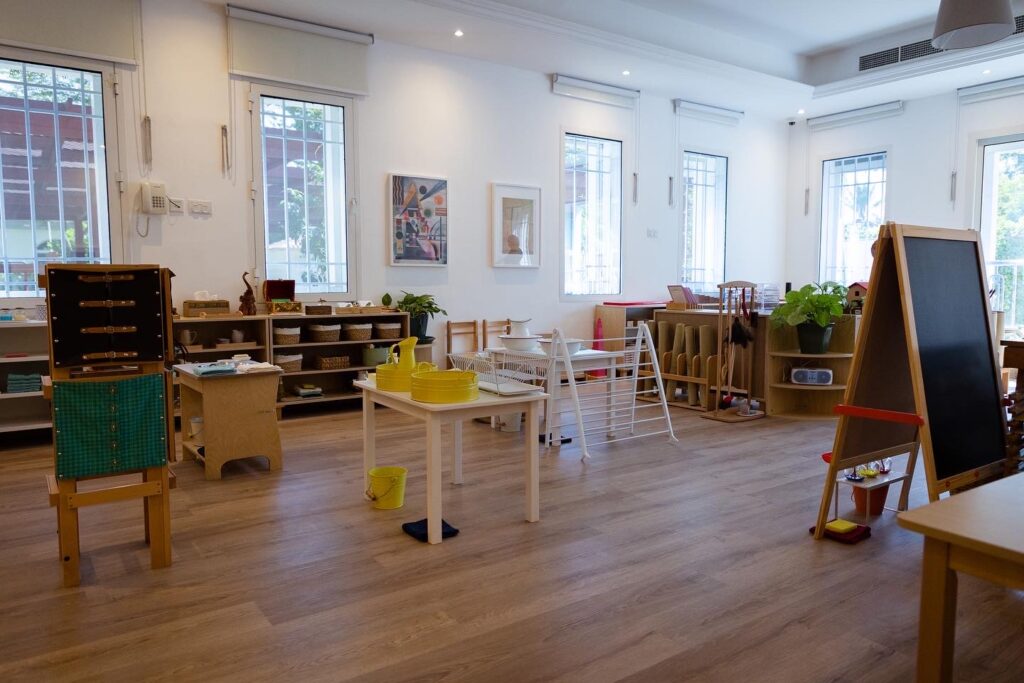
Contrasting Montessori and Daycare Outcomes
Research comparing Montessori schools with traditional daycare centers reveals significant differences in student outcomes, encompassing academic achievement, social and emotional development, overall happiness, and preparation for life beyond school.
Academic Achievement
Research shows that children in Montessori schools exhibit accelerated progress in reading, vocabulary, and numerical understanding.

Social and Emotional Development
A study by Angeline Lillard found that children who attended Montessori schools often demonstrate superior playground interactions and provide more intricate solutions to social problems, fostering advanced social competence. The emphasis on individualized responses and problem-solving skills sets Montessori apart.

Preparation for Life Beyond School
Notable Montessori alumni, including Jeff Bezos of Amazon and Larry Page and Sergey Brin, the founders of Google, have led researchers to suggest that Montessori schools play a role in preparing children for success. This is attributed to the development of lifelong skills like a mastery orientation and a positive attitude towards making mistakes. This stands in stark contrast to traditional daycare methods, which focus on memorization and reward/punishment systems.
Operational Style: Montessori vs. Daycare
The day-to-day functioning of Montessori schools significantly differs from traditional daycare centers, focusing on creating an environment conducive to active exploration, mixed-age groups, freedom of choice, and individualized lesson plans.
Active Exploration
Montessori classrooms are designed to appeal to a child’s sense of order, offering scientifically designed learning materials. Unlike daycare environments, Montessori promotes independent learning through uninterrupted work cycles.
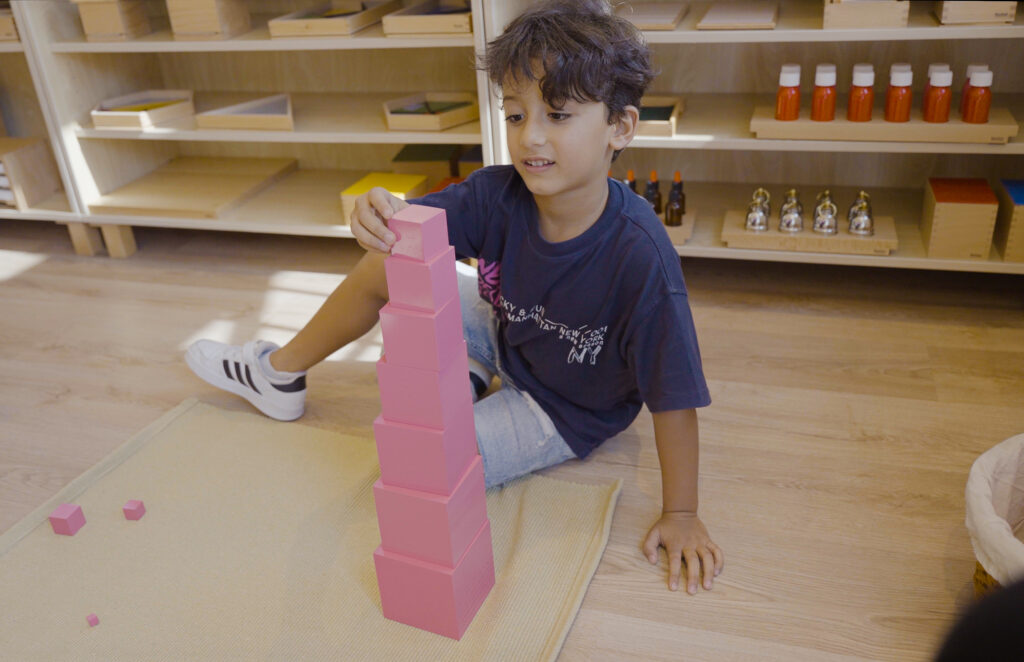
Mixed-Age Groups
Montessori fosters a sense of community through mixed-age environments, encouraging collaboration and leadership as older children inspire and guide their younger peers.
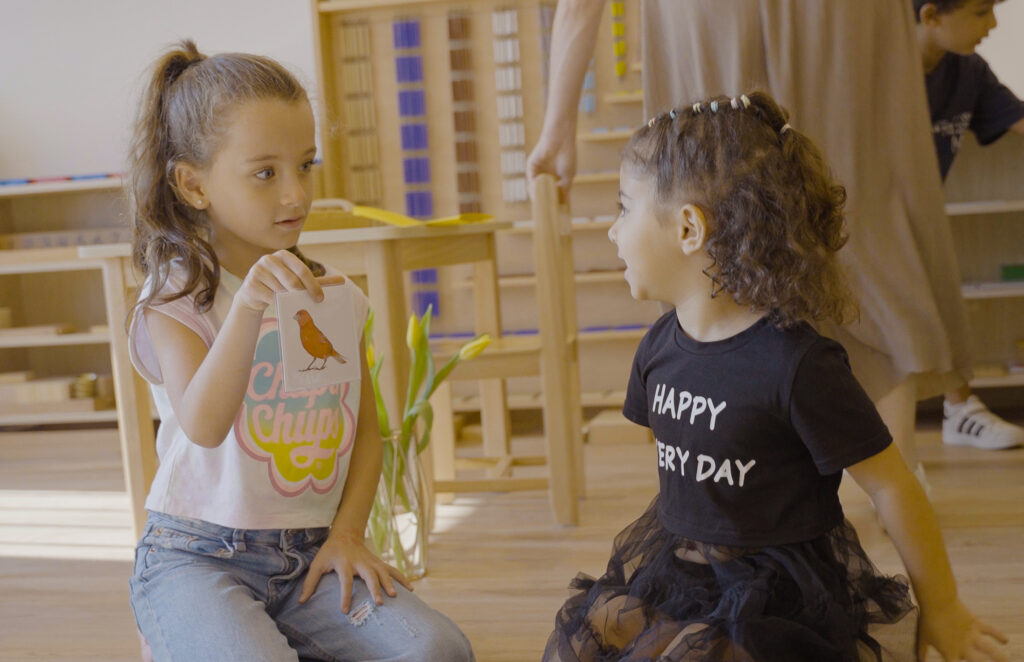
Freedom of Choice
Children in Montessori schools have the freedom to choose their activities, promoting internal discipline and social awareness. This contrasts with many daycare settings that impose structured activities at specific times.
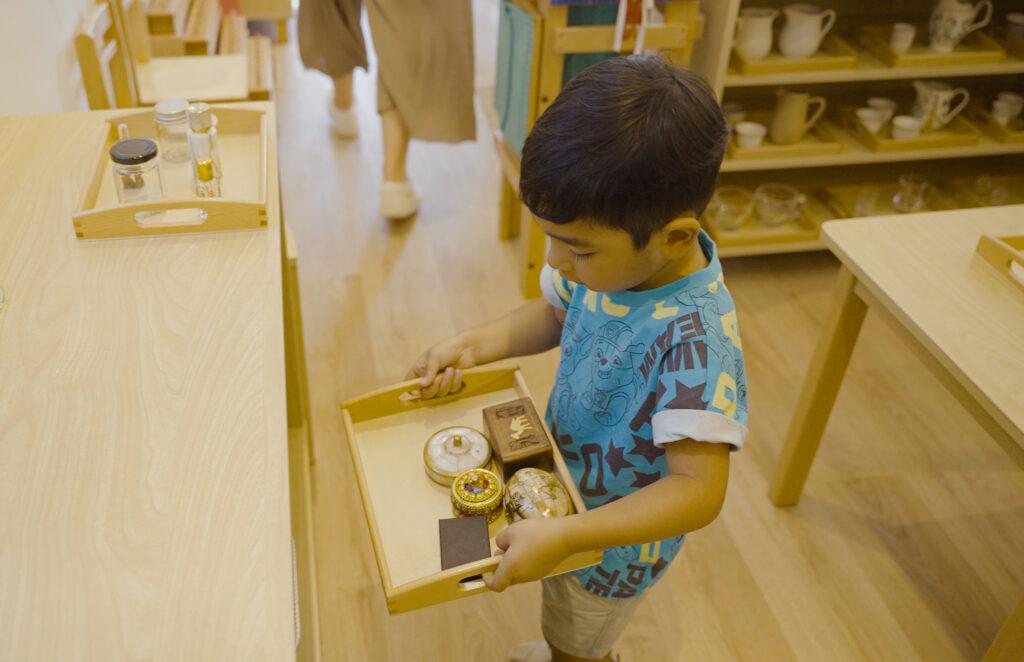
Teacher’s Role as a Guide
Montessori teachers, referred to as guides, actively nurture and support child-directed development. Adult-led activities are not the primary focus, allowing for uninterrupted periods of individualized learning. Montessori guides tailor lesson plans based on each child’s development, interests, and sensitivities, fostering a personalized and appealing learning experience.

In conclusion, the decision between Montessori and traditional daycare centers in early childhood education is of utmost importance for parents. The unique operational style and emphasis on holistic development distinguish Montessori as a highly effective option for fostering the growth and happiness of young minds. As parents in Dubai and beyond consider their options, including Montessori nursery Dubai, early learning centers, and early development centers, they can navigate this crucial choice with a clearer understanding of the profound impact early childhood education can have on their child’s future.
To truly experience the Revere difference, we encourage you to schedule a personalized tour.
